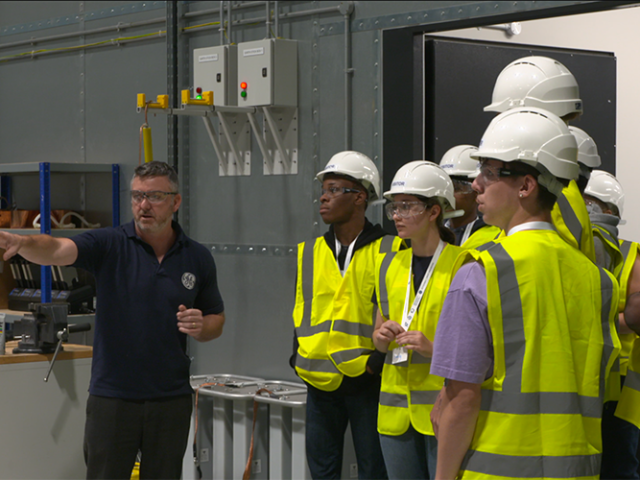This is part 2 of a three-part series examining the effects of robots and automation on employment, based on new research from economist and Institute Professor Daron Acemoglu.
Overall, adding robots to manufacturing reduces jobs — by more than three per robot, in fact. But a new study co-authored by an MIT professor reveals an important pattern: Firms that move quickly to use robots tend to add workers to their payroll, while industry job losses are more concentrated in firms that make this change more slowly.
The study, by MIT economist Daron Acemoglu, examines the introduction of robots to French manufacturing in recent decades, illuminating the business dynamics and labor implications in granular detail.
“When you look at use of robots at the firm level, it is really interesting because there is an additional dimension,” says Acemoglu. “We know firms are adopting robots in order to reduce their costs, so it is quite plausible that firms adopting robots early are going to expand at the expense of their competitors whose costs are not going down. And that’s exactly what we find.”
Indeed, as the study shows, a 20 percentage point increase in robot use in manufacturing from 2010 to 2015 led to a 3.2 percent decline in industry-wide employment. And yet, for firms adopting robots during that timespan, employee hours worked rose by 10.9 percent, and wages rose modestly as well.
Source: “Robots help some firms, even while workers across industries struggle”, Peter Dizikes, MIT News Office




